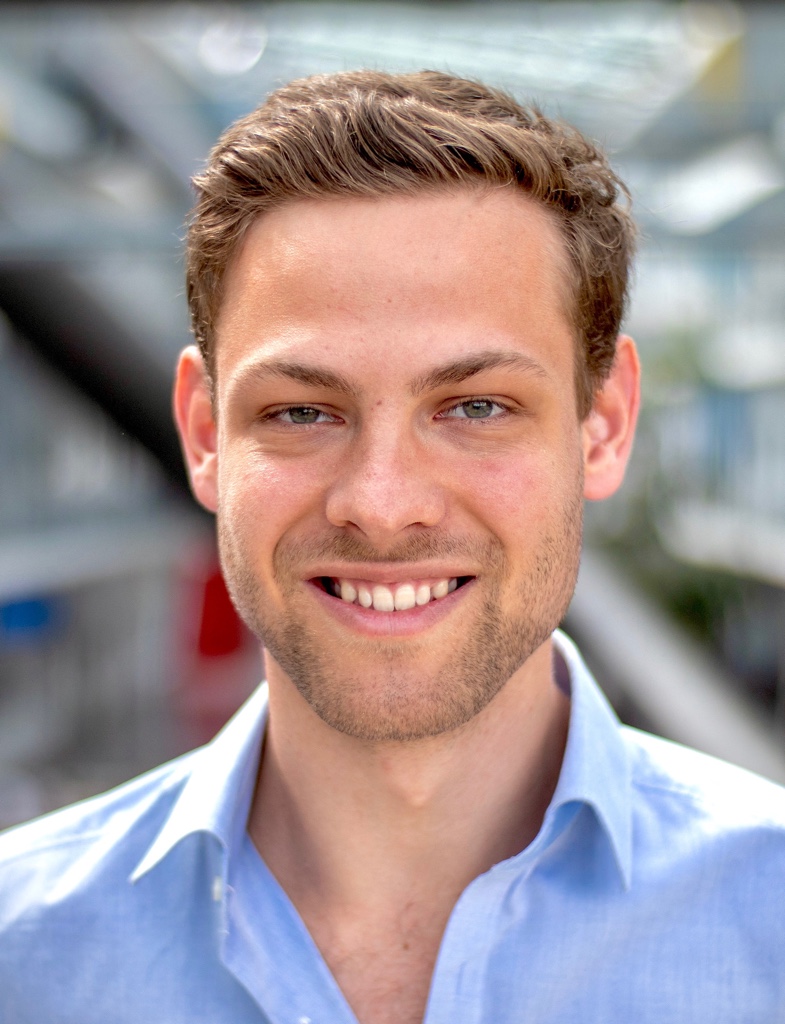Seminar: Applied Machine Learning
At a glance
Credits: 5 ECTS (Seminar)
Possible module numbers: IN0014, IN2107, IN4691
Participants: Limited to 12 students
Info Meeting: Wednesday, July 17, 1:00pm - 1:30pm, room 01.10.011 (slides)
Course description
The goal of the seminar is to learn about research techniques and best practices when developing applications that use machine learning-based algorithms.
We will explore a wide range range of applications for machine learning techniques. We will investigate whether machine learning is applicable to real-world problems, examine how to use machine learning libraries, and investigate their impact on the software engineering process. We will use machine learning libraries like TensorFlow and Turi Create as well as tools like Keras and Create ML. We will also explore Swift for TensorFlow and its innovative approach to solve common problems occurring in ML workflows.
In addition to the applications of machine learning to common problems arising in computer science, we also want to focus on sustainability and privacy in the context of machine learning. One area of interest is how machine learning techniques pose problems with user privacy due to a large amount of data that might have to be collected. Another area is how machine learning can be used to address environmental problems such as sustainability, pollution, and waste.
Structure
The seminar consists of the following four phases:
- Literature Research & Problem Definition: Investigate an applied machine learning area that you will tackle as part of the seminar. Conduct literature research on the topic to evaluate existing approaches and define the problem at hand.
- Concept Creation: Based on the literature, propose a possible approach that should be evaluated.
- Prototype Creation: Create a prototype that incorporates your research and showcases the problem and a possible solution.
- Final Report & Final Presentation: Create a short seminar report that summarizes your work, peer review an a small selection of seminar reports and present your final report.
Important Dates
| Event | Date & Time | Description |
| Info Meeting | Wednesday, July 17, 1:00pm | Information meeting about the content of this seminar and the topics covered in this seminar (slides) |
| Kickoff Day | Monday, October 21 (all day) | Overview of different machine learning tools and techniques and how you perform effective literature research. |
| Weekly Seminar Meeting | Every Tuesday, 1:00pm - 2:30pm | Guest lectures and the possibility to gain insights into each other's work and receive feedback on your current progress. |
| Concept Review | Tuesday, November 19, 12:00pm - 4:00pm | Showcase your literature research and describe your plans for tackling your problem in from of a short presentation. |
| Report Submission | Sunday, January 19, 11:59pm | Hand in your seminar report in form of a short paper. |
| Report Review Deadline | Sunday, January 26, 11:59pm | Peer review a small selection of seminar reports and provide feedback. |
| Final Presentation | Tuesday, February 4, 12:00pm - 4:00pm | Present your final prototype and summarize your research. |
Prerequisites
- Experience with standard programming paradigms such as object-oriented programming and functional programming.
- Experience in one or more of the following programming languages: Swift, Python, C or C++. A great way to get started with Swift is the Swift Tour found on Swift.org.
- Experience with machine learning by having taken an introductory machine learning course such as Machine Learning (IN2064) or worked with a ML library as part of a project.
Application
The application process is structured as follows:
- Attend the info meeting (Wednesday, July 17, 1:00pm, room 01.10.011) for all the necessary information (slides)
- Please fill out the application form (by July 24, 11:59pm)
- Prioritize the seminar "Applied Machine Learning" in the matching system of the faculty (by July 24, 11:59pm)
Instructors & Contact
If you have any questions related to the course contact Paul Schmiedmayer.
 |
 |

